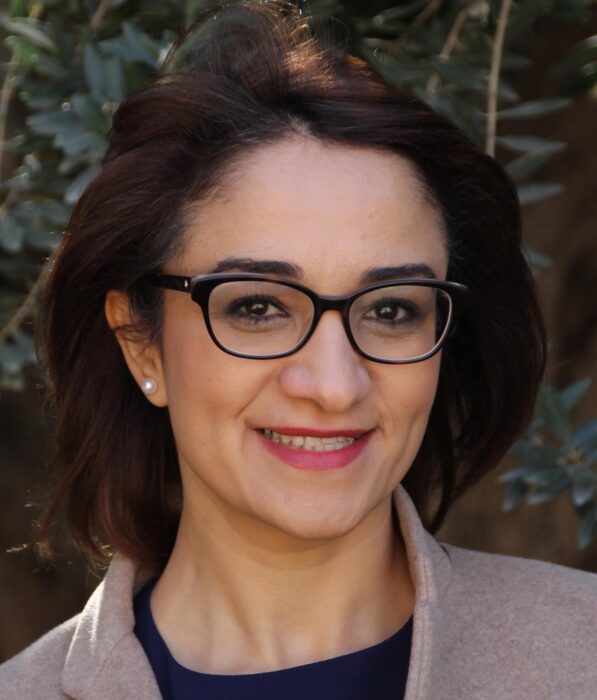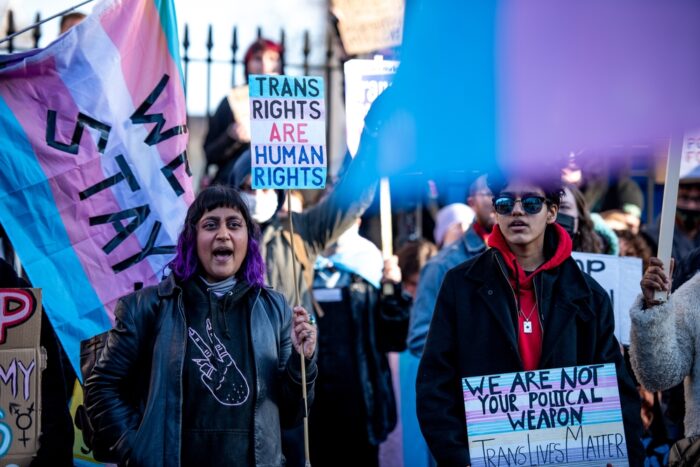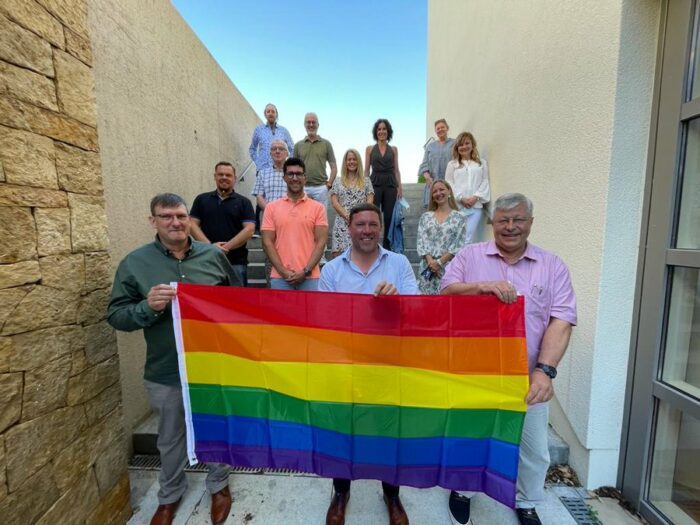The Progressive Post
Unsilenced voices: women’s struggle for rights in Iran and Afghanistan

In the intricate tapestry of global rights, the struggle for women’s empowerment in Iran and Afghanistan emerges as a formidable endeavour. From Iran’s ‘Woman, Life, Freedom’ movement to the nuanced dynamics of rights in Afghanistan, their shared journey reflects a global imperative. The European Union’s advocacy for gender-inclusive policies and championing the cause of education becomes not just a moral obligation but also a strategic investment in global peace and prosperity.
Among the most marginalised are women and girls in Iran and Afghanistan, who continue to grapple with the daunting task of securing fundamental rights, achieving equality and gaining empowerment. Personal encounters with discrimination in my daily life have punctuated my journey as a woman. It was, however, only upon delving into the study of law that I truly comprehended and analysed the pervasive nature of this discrimination. This exploration illuminated the central role patriarchy plays in perpetuating violence against women, not confined solely to Iran but resonating across the broader region.
Iran: breaking through enduring barriers
The 2022 ‘Woman, Life, Freedom’ movement and the nationwide protests grabbed global attention and highlighted the challenges women face in Iran. Iran is a prime example of a nation where women face systemic discrimination entrenched in legal frameworks and societal norms. This discrimination transcends various aspects of life, including family law, divorce proceedings, child custody battles, inheritance rights, mobility and the pervasive regulations governing women’s everyday lives. In Iran, women face challenges with strict dress codes, including mandatory hijab-wearing, enforced with penalties for non-compliance. Gender-based violence is a significant issue, often underreported due to obstacles in seeking justice. The workplace presents a persistent gender wage gap, with women earning only 40 per cent of what men earn on average and societal norms frequently hinder women’s career advancement.
In the face of formidable challenges, Iranian women exhibit remarkable resilience in their collective determination to challenge societal norms and discriminatory laws. The tragic death of Mahsa Amini by Iran’s ‘morality police’ in 2022 starkly illustrates the enduring state violence women face, especially in relation to dress codes. Despite severe restrictions, Iranian women steadfastly challenge these norms, echoing a history of activism. This resilience underscores the message that women’s rights to equality, dignity, autonomy, freedom of religion and belief, bodily integrity, and privacy should not be under the control of state authorities.
Afghanistan: the ebb and flow of women’s rights
Afghanistan has been a focal point of international attention in its struggle for women’s rights. Following the fall of the Taliban regime in 2001, Afghan women made remarkable strides, gaining access to education, employment opportunities and active participation in political processes. However, the fragility of these hard-fought achievements became evident due to the ongoing conflict and instability that plagued the country.
The Taliban’s regain of power in 2021, swiftly reversed and continues to reverse this progress. Women’s access to education was curtailed once again, and their freedom of movement was further restricted. Forced and child marriages, along with gender-based violence, remain rampant concerns. Cultural norms and stereotypes against women have only intensified in the wake of the Taliban’s resurgence. Even before the Taliban’s return, Afghanistan grappled with challenges in securing women’s rights, particularly in conservative and conflict-ridden regions. These challenges posed significant barriers to women’s freedom of movement, access to education and healthcare as well as economic opportunities.
Navigating restrictive legislation based on the authorities’ interpretation of sharia poses significant challenges for women in both Iran and Afghanistan. Criticising Islamic rules is often misconstrued as an effort to topple the entire system, making it challenging for women human rights defenders to combat gender stereotypes. Consequently, their efforts face state-imposed resistance and hostility. In both nations, authorities weaponise patriarchy, utilising it as a tool to suppress dissent and discredit the endeavours of women human rights defenders.
Unlike Afghanistan’s unique circumstance, Iran stands at a crucial crossroads, where the struggle for women’s rights and the quest for gender equality are intricately connected to the overarching mission for justice and accountability in Iranian society. Threatened by this losing battle, hardliners escalate efforts to tighten repression, further restricting discourses on women’s rights and freedoms.
The constrained circumstances in both Iran and Afghanistan pose substantial barriers to the progress of women’s rights, emphasising the urgent need for global attention and support. To effectively address the evolving challenges confronting women in these countries and foster progress in pursuing gender equality, requires a comprehensive, multidisciplinary, and multi-institutional approach. Women’s challenges in these regions encompass social, religious, political and economic dimensions. Meaningful progress in enhancing women’s situation in Iran and Afghanistan can only be achieved when various establishments, institutions, and influential figures actively commit to engaging with and transforming these issues.
Advocacy and education: a path forward
The European Union’s diplomatic influence holds immense potential as a potent tool for advocating women’s rights globally. In engagement with Iran and Afghanistan, the EU should consistently underscore the importance of gender-inclusive policies, fostering dialogue, and collaboration on women’s rights. This approach can create a more supportive environment for women’s empowerment in these Islamic states. Education stands as the cornerstone of women’s empowerment in both Iran and Afghanistan. The EU can significantly impact by funding programs that focus on female teacher training, gender-sensitive curricula and improving access to high-quality education.
A moral and strategic imperative
The EU, with its substantial resources and unwavering moral obligation, has the unique opportunity to support Afghan and Iranian women in their unyielding pursuit of equal rights. By championing gender equality, education, and women’s rights, the EU is not merely addressing questions of justice but making a strategic investment in global peace, stability, and prosperity.
A global imperative
Women’s empowerment in Iran and Afghanistan transcends national borders: it is a global imperative. The EU’s commitment to human rights and gender equality should be the guiding principle in its interactions with these nations. By supporting education, economic empowerment, and advocacy efforts, the EU can significantly contribute to the cause of women’s rights in Iran and Afghanistan. It is a collective journey towards a world where every woman and girl, regardless of their background or location, can enjoy their rights, fulfil their potential and contribute to a more equitable and just society.
Photo credits: Shutterstock.com/JessicaGirvan




